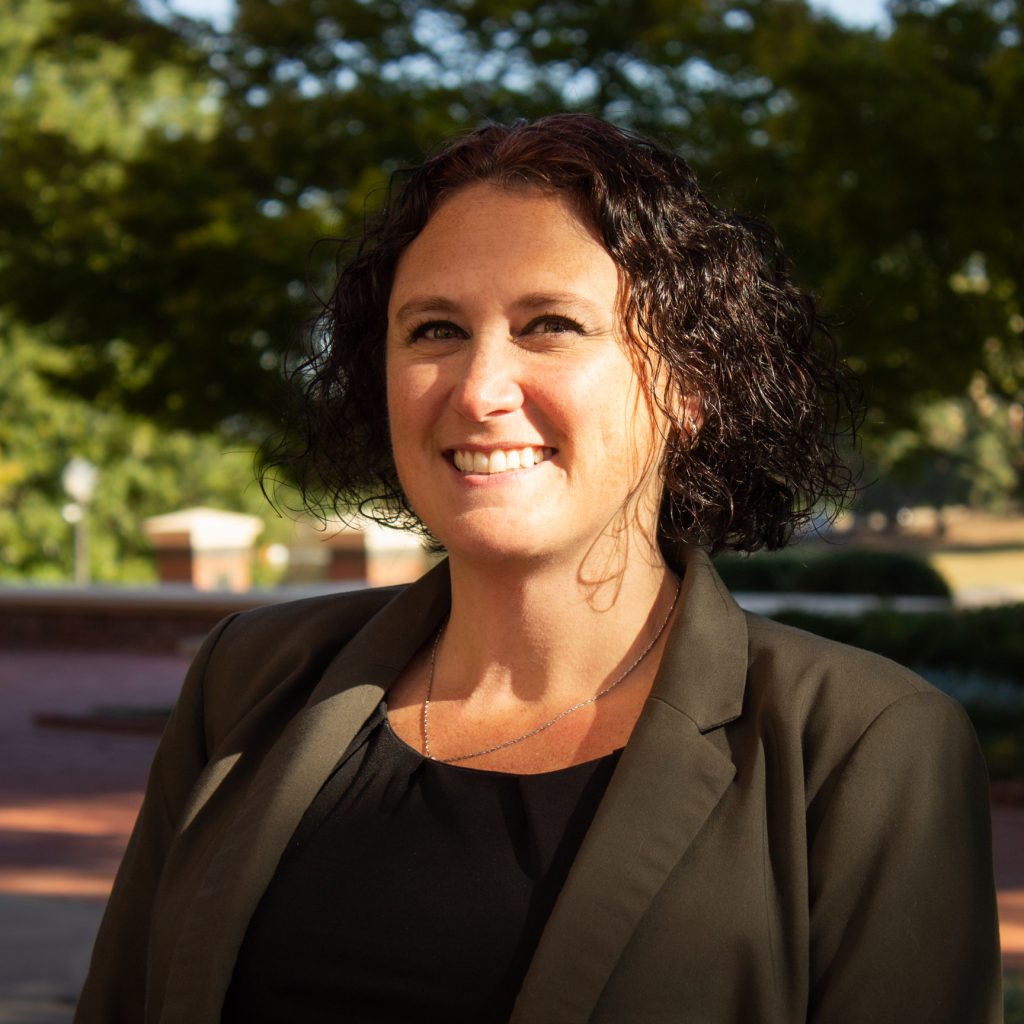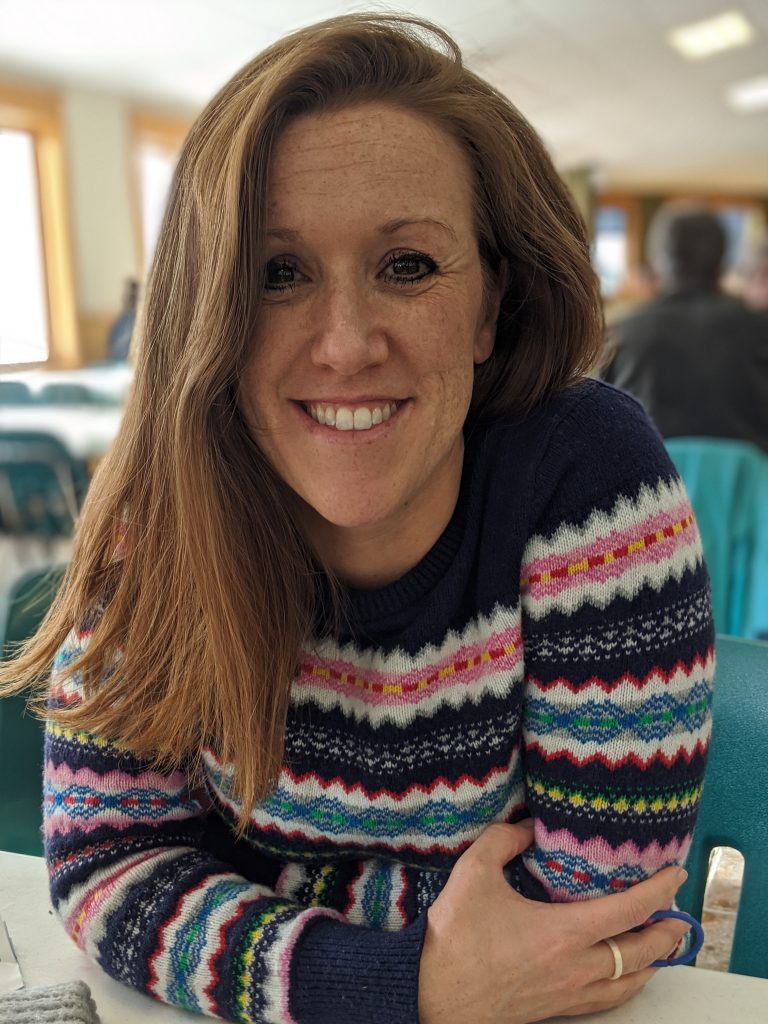Erin Clarke, Counseling Department Chair, Rudolph Gordon School
The Rudolph Gordon Counseling Team
School counselors play a pivotal role in shaping the academic and emotional success of students. At Rudolph Gordon School (RGS), we believe one of the most powerful ways to support student development is by cultivating a growth mindset — the belief that abilities and intelligence can be developed through dedication and hard work. This mindset isn’t just about perseverance; it’s about seeing learning as a continuous journey rather than a fixed outcome.
At the heart of RGS’s effort to promote this belief is the Gator Wellness Program, led by Joy Hawkins and her dedicated team. This program focuses on integrating growth mindset principles into everyday literacy practices. By connecting the dots between emotional resilience and academic achievement, the Gator Wellness team empowers students to embrace learning with an open mind and a spirit of determination. Here’s how we make that happen at RGS:
1. Introducing Growth Mindset Literature
A great story can teach lessons that last a lifetime. At RGS, we ensure students have access to books that promote perseverance, resilience, and the power of learning from failure. Through titles like Your Fantastic Brain by JoAnn Deak and The Dot by Peter H. Reynolds, students are introduced to characters who face obstacles and grow through effort.
These stories serve as springboards for conversations in the classroom, where students discuss how the characters’ growth mirrors their own experiences. Teachers are trained to weave growth mindset themes into discussions using resources provided by the collaboration between the Gator Wellness team, school counselors, and RGS librarians. This shared effort creates a literary culture where students see challenges as opportunities for growth, not roadblocks.
2. Facilitating Reflective Writing
Writing provides a powerful tool for self-reflection and growth. At RGS, all teachers — not just those in English Language Arts (ELA) — are encouraged to incorporate reflective writing into their classrooms. By asking students to write about moments when they struggled and how they overcome these challenges, we help them internalize growth mindset principles.
Prompts like “What did you learn from a recent challenge?” or “How did a mistake help you improve?” push students to focus on effort rather than outcomes. Students are taught how mistakes can propel us into reflection and growth, rather than shame or guilt. Monthly “Gator Pulse” check-ins include these reflective writing activities, creating a consistent practice of self-evaluation and growth across all subjects. This practice enables students to see mistakes not as failures, but as learning opportunities that pave the way for future success.
3. Using Growth-Oriented Language
Words matter, and at RGS, counselors and teachers model growth-oriented language in every interaction with students. Whether discussing academic progress or behavioral growth, counselors use phrases like, “You worked hard to get this far” or “What strategies could help you next time?” This language shifts the focus from innate ability to effort and problem-solving.
In addition to academic language, behavior enrichment lessons incorporate restorative conversations to help students understand that growth happens through mistakes. When students make behavioral missteps, they are guided through reflective discussions, encouraging them to “fail forward” and learn from their choices. This supportive environment builds the emotional resilience students need to thrive both academically and personally.
By integrating growth mindset principles into literacy practices, school counselors at RGS play an essential role in empowering students to embrace challenges, persist through setbacks, and understand that learning is a lifelong process. Through books, writing, and everyday language, counselors and teachers work together to nurture resilient learners—students who are ready to tackle academic and personal hurdles with confidence and perseverance.
At RGS, we know that when students believe in the power of growth, they unlock their full potential—not just in literacy, but in life.
Want a 1-pager with these ideas? Check it out here!
Erin serves as the school counseling department chair and the 7th-grade counselor at Rudolph Gordon School. She holds a Psychology degree from Clemson University, a Master’s degree in Professional School Counseling from Liberty University, and a Doctoral degree in Professional Leadership from Converse University. Erin is deeply committed to the well-being and success of every student, always prioritizing their needs above all else.
Connect on social media
Latest Posts




Leave a Reply